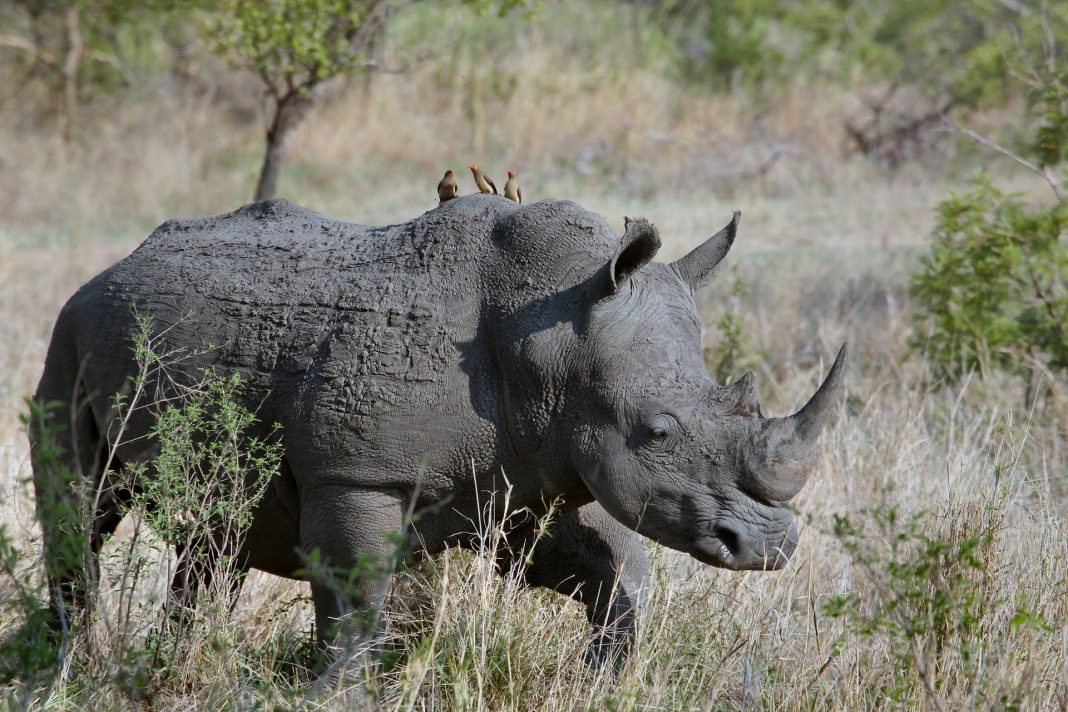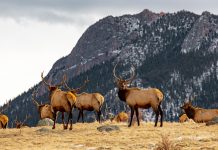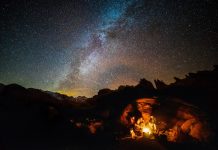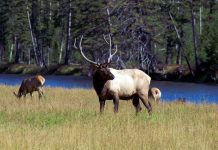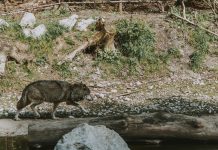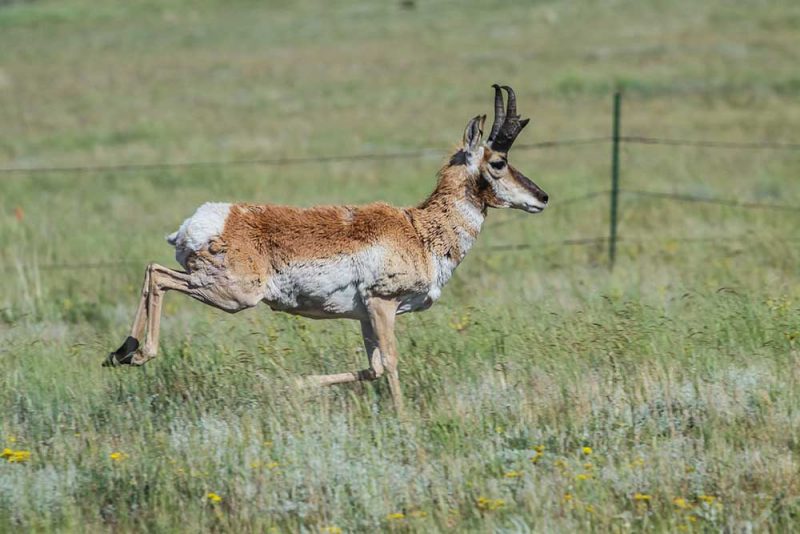COVID-19 and recent hunting bans have shed light on Africa’s wildlife conservation dilemma. Hunters spend $200 million throughout the continent each year. However, recent hunting bans and COVID-19 travel restrictions look to severely hurt the industry. Zambia had a temporary hunting ban which was lifted in 2014. Likewise, Botswana lifted its hunting ban in 2019. Pressure from anti-hunting groups and trophy transport bans have led to many of the continent’s hunting bans. However, a recent study from Griffith University has revealed the terrible effects a permanent hunting ban could have on African wildlife. Dr. Duan Biggs, leader of the Resilient Conservation Research Group at the Environmental Futures Research Institute worked closely with an international team. The findings show that protecting Africa’s wildlife isn’t a simple fix. The team interviewed several South African landowners, who control the majority of the hunting economic market.
“Trophy hunting is facing increasing pressure due to perceptions as being grotesque and morally reprehensible. Many groups are calling for a complete ban. “This hunting land is critically important as it provides linkages between private and public conservation areas. It also funds further conservation efforts. It turns out that about two-thirds of landowners in South Africa would move away from a wildlife-based land use if trophy hunting is banned.” Evidence shows that hunters will travel to politically unstable and risky destinations to hunt. Severing limited funding in an already strained system would be catastrophic for both wildlife conservation and livelihoods in many parts of Africa.”- Dr. Duan Biggs.
Africa’s Wildlife Conservation Model
Eco-tourism and hunting safaris work in tandem to provide revenue for Africa’s wildlife conservation model. However, thanks to the current travel ban due to COVID-19 eco-tourism has ground to a halt. During the recent study, many of the private landowners told the team that switching to eco-tourism wasn’t feasible. Privately owned conservation land where hunting occurs makes up 14%-17% of the country’s landmass. Above all, that privately owned land is over double of what state-owned regions protect. Loss of economic stability and biodiversity on the private land worried most of the landowners. Half of the landowners felt that they would have to get rid of wildlife and start ranching livestock. Only a third of the landowners said they would transition to eco-tourism during the study. Competitive eco-tourism markets and startup costs were the main concerns.


